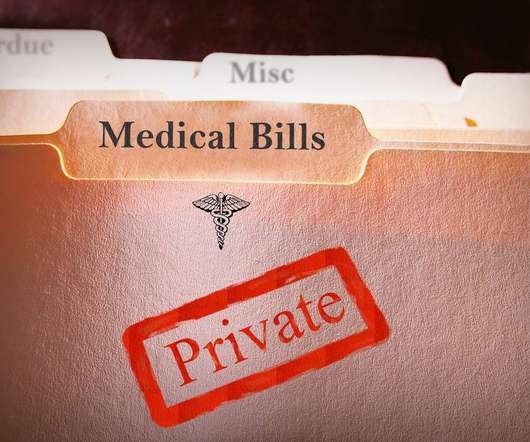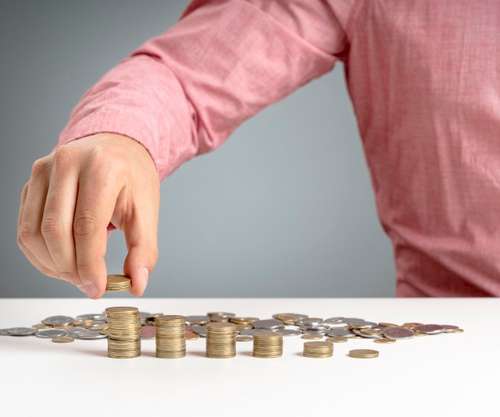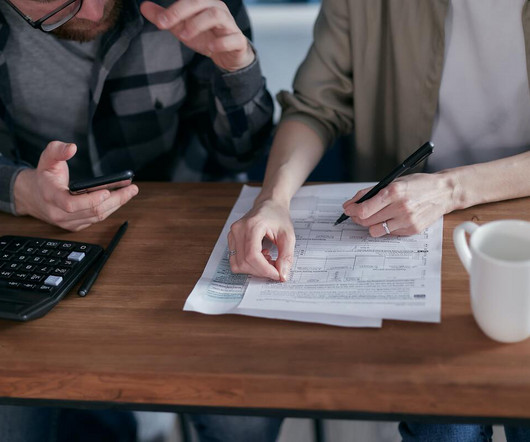What is the Difference Between Secured and Unsecured Debt?
Sawin & Shea
JANUARY 25, 2022
What is Secured Debt? Secured debts are a type of debt backed by an asset that is used as collateral. If you miss payments and default on this type of debt, the creditor can seize the asset to liquidate it and apply those proceeds to the money you owe. Examples of Secured Debts.
























Let's personalize your content